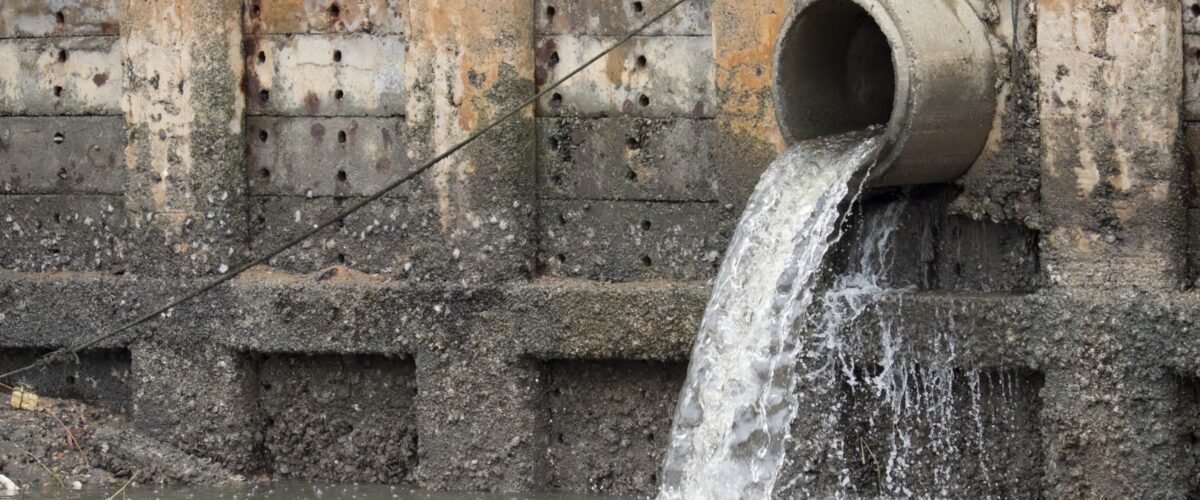- California Regional Water Quality Control Board (9 regional boards operating under the State Water Resources Control Board).
A Stormwater Pollution Prevention Plan (SWPPP) training teaches personnel how to keep pollutants from entering stormwater runoff at industrial facilities and construction sites. Participants learn about stormwater regulations, developing stormwater pollution prevention plans (SWPPP), and best practices like covers, containment, and spill response. Proper training ensures all staff understand the hazards of stormwater pollution and their role in implementing control measures to protect water quality. It is critical for facilities to prevent unauthorized discharges, avoid fines, and minimize environmental impacts from their operations. A SWPPP training gives personnel the knowledge to proactively control industrial pollutants, safely manage materials on-site, and prevent contamination incidents through good housekeeping and maintenance. This type of training is particularly relevant for industries, construction sites, and facilities that have the potential to impact stormwater quality. Our involvement spans the entire process, commencing with account establishment and application filing, progressing through plan and map design, distributing stormwater sampling kits, conducting effective training for clients, executing best management practices, overseeing monitoring endeavors, and ensuring timely report submission. Topics include: Who needs stormwater pollution prevention training? How often do I need to take Storm Water Pollution Prevention Plan (SWPPP) Training? What topics are covered in Storm Water Pollution Prevention Plan (SWPPP) Training? What are the regulatory requirements for training? Why is Storm Water Pollution Prevention Plan (SWPPP) Training important? How long does the training take? What resources will I receive from the training? Is an exam required for Storm Water Pollution Prevention Plan (SWPPP) Training? Do I receive a certificate if I complete training? Is Storm Water Pollution Prevention Plan (SWPPP) Training required for subcontractors on site? Does training have to be on company time? How often does Storm Water Pollution Prevention Plan (SWPPP) Training need to be refreshed? Where do I maintain training records? Who can I contact for more information? Storm Water Pollution Prevention Plan (SWPPP) Training
Regulatory bodies
Who needs it
Regulation reference
What our training provides:

Request a Free EHS Compliance Assessment
Construction site workers, industrial facility employees, municipal workers, and anyone involved in operations that could pollute stormwater runoff.
Refresher training is required annually. Initial training may be required more frequently at some sites.
Pollution prevention, good housekeeping, BMPs, inspections, sampling, record keeping, spill response, and more.
EPA construction and industrial stormwater permits require employee training. States and local agencies may have additional requirements.
Prevents pollution incidents, protects water quality, and maintains regulatory compliance.
Typically 2-4 hours, but can vary based on scope and agency requirements.
Training manuals, BMP guide sheets, inspection checklists, and other useful references.
Often yes, an exam ensures staff understand key pollution prevention concepts.
Yes, a certificate documents successful training completion.
Yes, all personnel on site should complete applicable SWPP training.
Yes, required training must be completed during paid work hours.
Refresher training is required at least annually.
Certificates must be kept on site for inspectors and auditors to review.
If you have other questions regarding Storm Water Pollution Prevention Plan (SWPP) Training, you can contact us. Our EH&S specialists can solve your doubts



